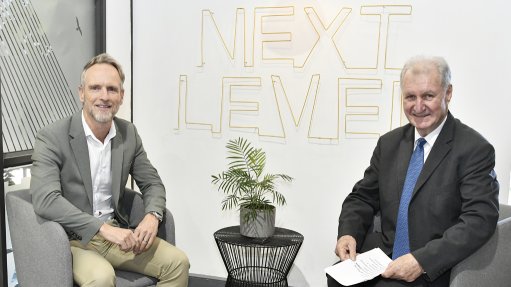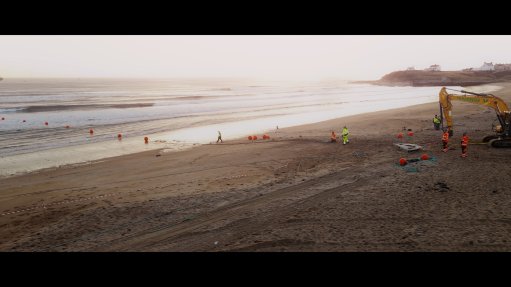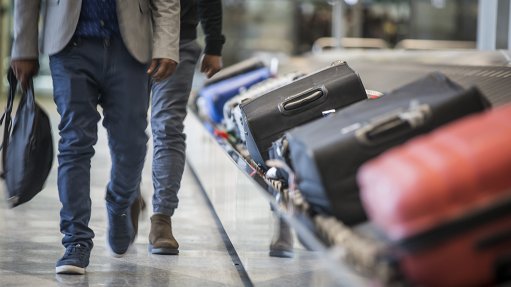Ford creates 1 200 jobs as it unveils modernised Ranger line

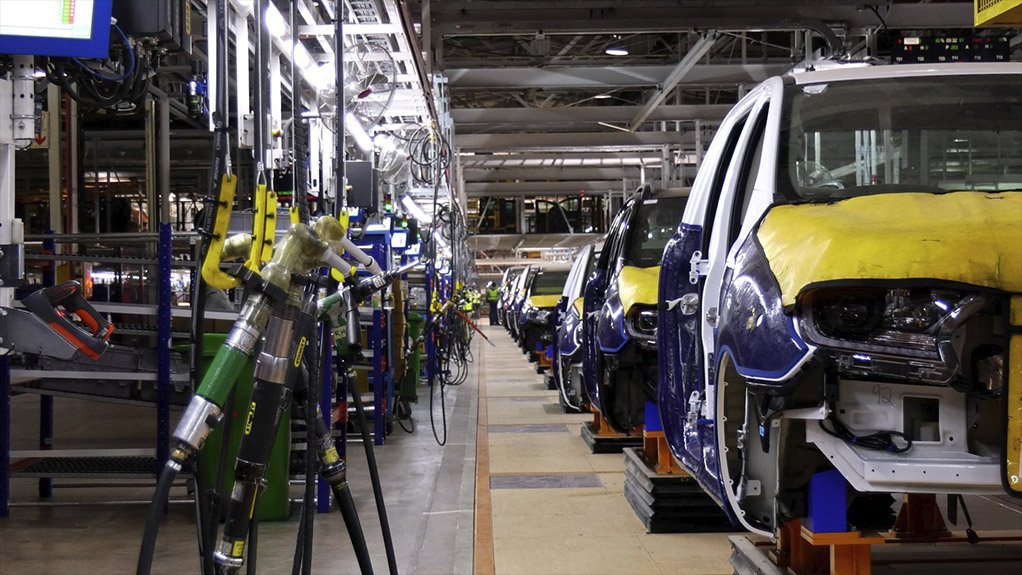
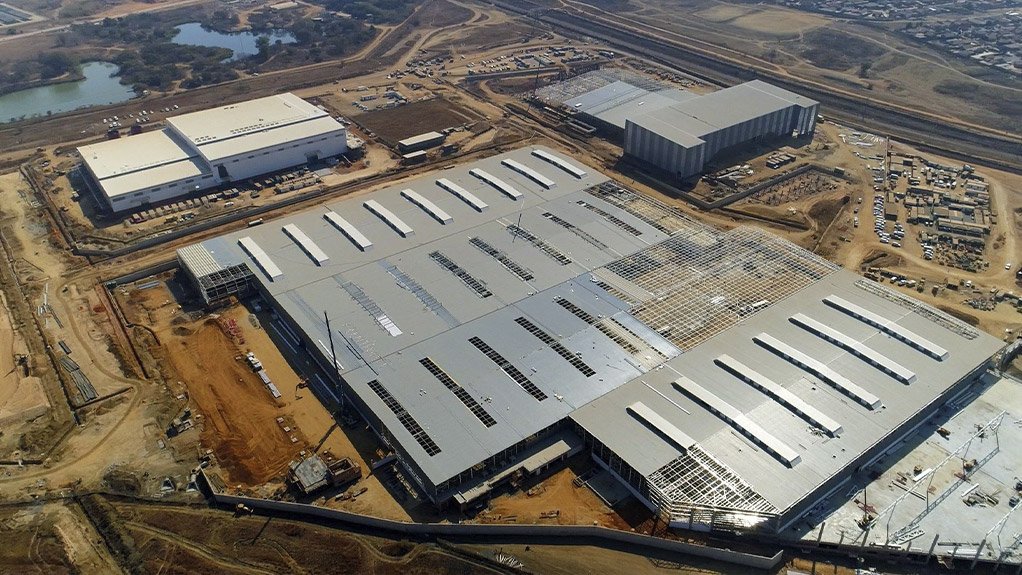
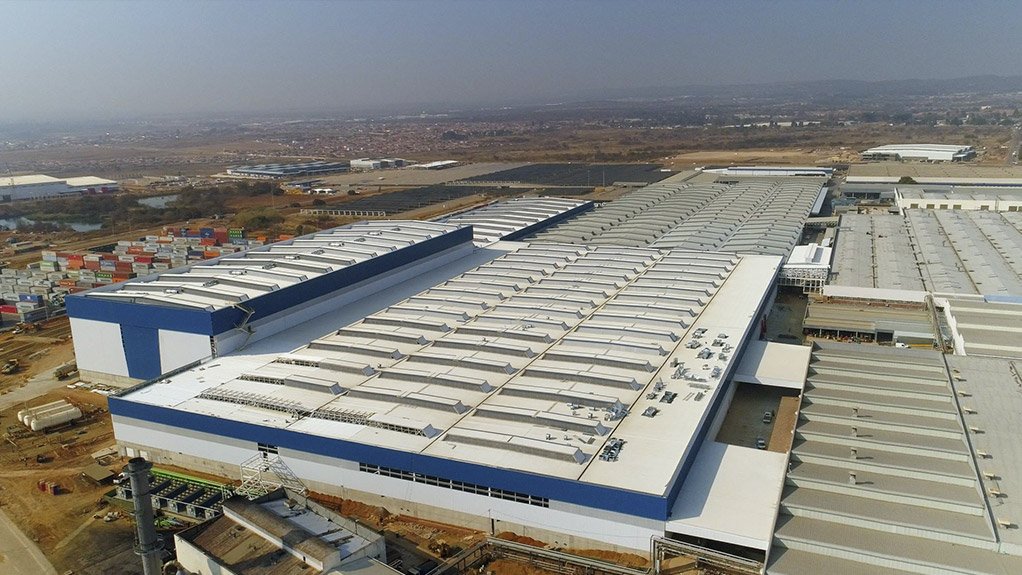
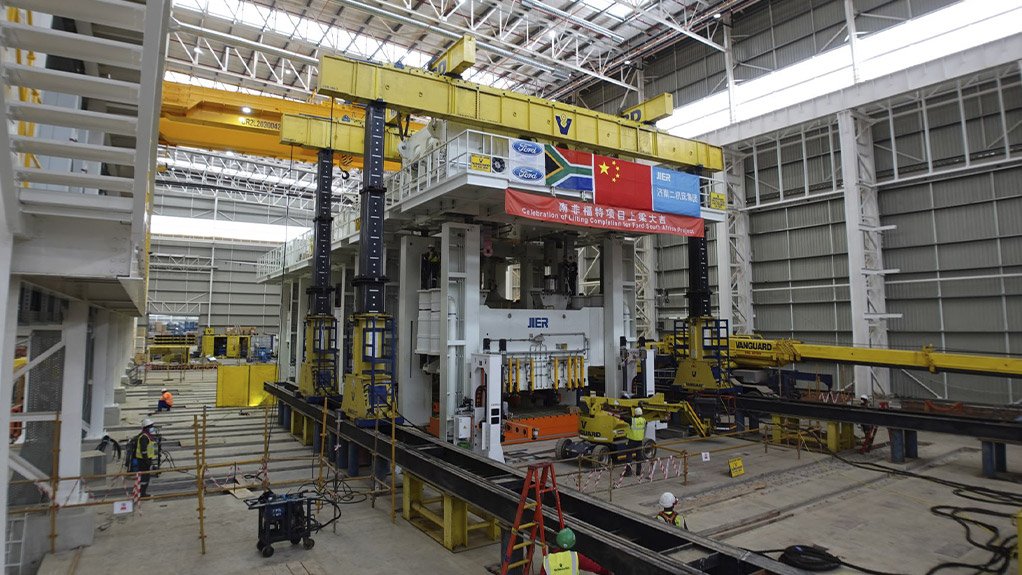
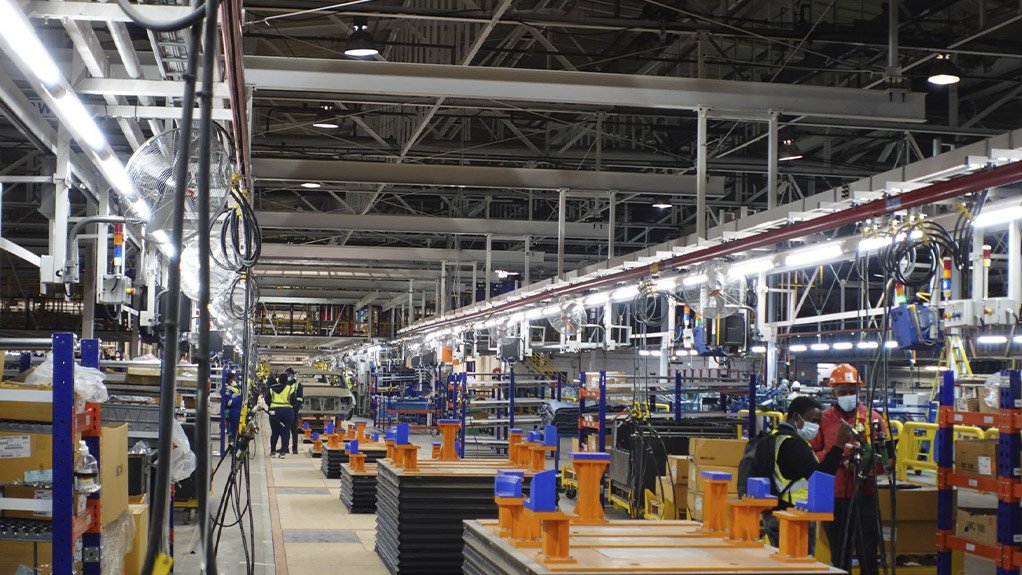
The new frame line plant in the TASEZ
The new body shop at the assembly plant
Inside the new stamping plant
The modernised assembly line at the Silverton plant
Ford South Africa (Ford SA) has created around 1 200 incremental jobs by reintroducing a third shift to its operations at the Silverton assembly plant.
The additional shift forms part of the US auto maker’s $1.05-billion investment in the Pretoria plant to produce the next generation Ranger bakkie, starting next year.
The plant is in the process of wrapping up a seven-week shutdown which saw the extensive modernisation of the facility in preparation for the new model.
Production at the plant will include the new Volkswagen Amarok, as part of the global production agreement between Ford and Volkswagen.
The implementation of a third shift sees the local Ford SA workforce grow from the current 4 200 employees to around 5 000 employees, with an additional 440 jobs created at the plant’s on-site service provider.
The additional shift is the first use of a three-shift production schedule since it was implemented as a temporary measure during the second half of 2019 to achieve higher production volumes for the current Ranger.
The added working hours will see the Silverton plant operate around the clock, five days a week.
The employees that were brought on board and trained in 2019 were given first option to take up the new positions.
With the additional shift, the Silverton assembly plant will be capable of producing up to 720 vehicles a day, or 240 units a shift, which equates to one Ranger coming off the line every two minutes.
Two-thirds of the Rangers produced will be exported to more than 100 global markets, as is the case with the current Ranger. The balance will be sold in South Africa.
When the next-generation Ranger is launched in 2022, the Silverton facility will have a yearly installed capacity a 200 000 vehicles a year, which is nearly double the 110 000-unit-capacity when production of the current Ranger pickup began in 2011.
Ford SA has produced around 732 000 Rangers from 2011 to 2021.
Modernised Assembly Line
To realise the new production targets, the Silverton plant’s assembly line is undergoing extensive transformation to modernise the facility, enhance efficiency and improve production quality, says plant manager Tim Day.
The vehicle manufacturer is currently constructing an all-new body shop and stamping plant on the Silverton site, along with a new in-house frame line in the adjacent Tshwane Automotive Special Economic Zone.
“The seven-week shutdown enabled us to implement the largest and most comprehensive upgrade and modernisation of the Silverton assembly plant to date,” adds Day.
“Our entire focus is on being world-class and comparable with the best Ford manufacturing plants globally.”
The biggest change has been a total redesign of the plant layout, notes Day.
“The progressive evolution of the plant saw it growing organically over the years, which resulted in a less-than-ideal layout. Accordingly, we’ve completely reworked the assembly line to maximise efficiency through the vehicle assembly and validation processes.
“We’ve removed roughly a kilometre and 20 transactions [vehicle-worker interactions] out of the previous assembly line flow by eliminating the back-and-forth movement of vehicles within the plant during the various stages of production,” explains Day.
“This will result in all of the manufacturing processes and quality checks being performed in the zone where it’s manufactured, contributing towards greater efficiency and more effective quality control before the vehicle moves to the next station.”
Skillet System
The changes at the plant have also seen a new emphasis on ergonomics, with a shift from fixed vehicle carriers to a flexible new skillet system transforming the way individual tasks are performed by employees on the line.
“We did away with the previous vehicle carriers and replicated the skillet system which is used at Ford’s leading plants around the world, including the Ranger plant in Thailand and the F-150 plant in the US,” says Day.
“The skillet system is far less bulky and restrictive, and eliminates the various platforms and levels that people had to work around previously.”
With the skillets, the vehicle is automatically raised or lowered based on the ideal height for the completion of the required assembly task.
It can also be adjusted to suit the height of the individual operators, thereby improving working conditions for employees, while also improving cycle times and contributing to enhanced safety.
“An additional benefit of the skillet system is that it is based on a moving platform, which eliminates the need for operators to continuously reposition themselves to perform the assembly operations while keeping up with the vehicle as it progresses down the line,” says Day.
“This allows the operators to focus all of their attention on building the vehicle, driving big improvements in efficiency, quality and first-time-through.”
The modernisation of the Silverton plant has also seen the introduction of a new box line for the Ranger’s load compartment, a new fully-automated robotic station for the application of the windscreen seal, and a specially designed instrument panel sub-assembly line.
There is also a new vac-and-fill facility that integrates the filling of the Ranger’s liquids (fuel, brake fluid and engine coolant) and the air-conditioner gas, with the new system replacing the inefficient multistation configuration used previously.
The final integration of the automated wheel-and-tyre facility, which was launched in September last year, has also been completed.
The fitted wheels and tyres are now automatically sequenced onto the assembly line via the roof of the main plant, eliminating the use of trolleys and the movement of vehicles and people.
A series of latest-generation wheel and headlight alignment booths are another new feature at the plant, complemented by a new water-test facility that uses high-pressure jets to pinpoint any water intrusion into the cabin of the vehicle.
New CAL Facility
The modernisation of the Ford assembly plant has also seen the launch of a new customer acceptance line (CAL) facility. This allows quality inspectors to scrutinise every aspect of the vehicle on a brightly-lit audit line, validating the accurate fitment of parts, paint and bodywork quality, and the operation of all vehicle systems.
Following this, the Ranger is driven on a newly constructed rattle-and-squeak test track, which incorporates a variety of road surfaces.
A new clear-vision track has also been constructed. This track ensures that the vehicle’s wheel alignment is accurately set when driving on the level surface, ensuring that it does not pull to one side.
Ford SA is also constructing a new modification centre, aimed at the on-site fitment of a variety of optional Ford-approved accessories.
This facility will have its own dedicated rattle-and-squeak track.
Article Enquiry
Email Article
Save Article
Feedback
To advertise email advertising@creamermedia.co.za or click here
Comments
Press Office
Announcements
What's On
Subscribe to improve your user experience...
Option 1 (equivalent of R125 a month):
Receive a weekly copy of Creamer Media's Engineering News & Mining Weekly magazine
(print copy for those in South Africa and e-magazine for those outside of South Africa)
Receive daily email newsletters
Access to full search results
Access archive of magazine back copies
Access to Projects in Progress
Access to ONE Research Report of your choice in PDF format
Option 2 (equivalent of R375 a month):
All benefits from Option 1
PLUS
Access to Creamer Media's Research Channel Africa for ALL Research Reports, in PDF format, on various industrial and mining sectors
including Electricity; Water; Energy Transition; Hydrogen; Roads, Rail and Ports; Coal; Gold; Platinum; Battery Metals; etc.
Already a subscriber?
Forgotten your password?
Receive weekly copy of Creamer Media's Engineering News & Mining Weekly magazine (print copy for those in South Africa and e-magazine for those outside of South Africa)
➕
Recieve daily email newsletters
➕
Access to full search results
➕
Access archive of magazine back copies
➕
Access to Projects in Progress
➕
Access to ONE Research Report of your choice in PDF format
RESEARCH CHANNEL AFRICA
R4500 (equivalent of R375 a month)
SUBSCRIBEAll benefits from Option 1
➕
Access to Creamer Media's Research Channel Africa for ALL Research Reports on various industrial and mining sectors, in PDF format, including on:
Electricity
➕
Water
➕
Energy Transition
➕
Hydrogen
➕
Roads, Rail and Ports
➕
Coal
➕
Gold
➕
Platinum
➕
Battery Metals
➕
etc.
Receive all benefits from Option 1 or Option 2 delivered to numerous people at your company
➕
Multiple User names and Passwords for simultaneous log-ins
➕
Intranet integration access to all in your organisation













